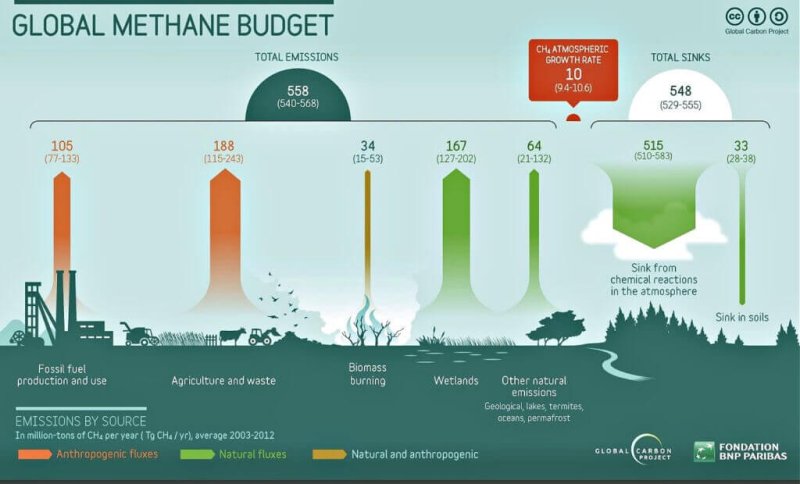A recent interview by Caroline Stocks, a UK journalist who writes about food, agriculture and the environment, of air quality expert Frank Mitloehner, a professor of animal science at the University of California at Davis, calls into question how responsible cows are for climate change.
On overstated impacts of cattle on greenhouse gas emissions
‘For those who say cows contribute the most greenhouse gas emissions, that’s simply not true’, says Mitloehner.
As Stocks explains: ‘Livestock’s impact has been hugely overstated, while the major culprit—the use of fossil fuels, particularly for transportation—has largely been allowed to slip under the radar.
‘The issue is partly down to the methods used to calculate livestock’s impact: The UN’s most significant report, Livestock’s Long Shadow, claimed livestock are responsible for 18% of greenhouse gas emissions, but the figure calculated emissions along the entire supply chain, from land use to processing and refrigeration in supermarkets. Meanwhile, transportation figures, which are regularly reported as 28% of all greenhouse gas emissions, only factor in direct emissions from exhaust fumes, ignoring processes associated with manufacturing machinery, or moving people and produce.’
Stocks included in her news item the infographic …. from the Global Carbon Project, which details the annual average amount of global methane emitted into the atmosphere (558 tons) and, importantly, the (almost same) amount of methane that is annually absorbed back into plants and soils (548 tons).































